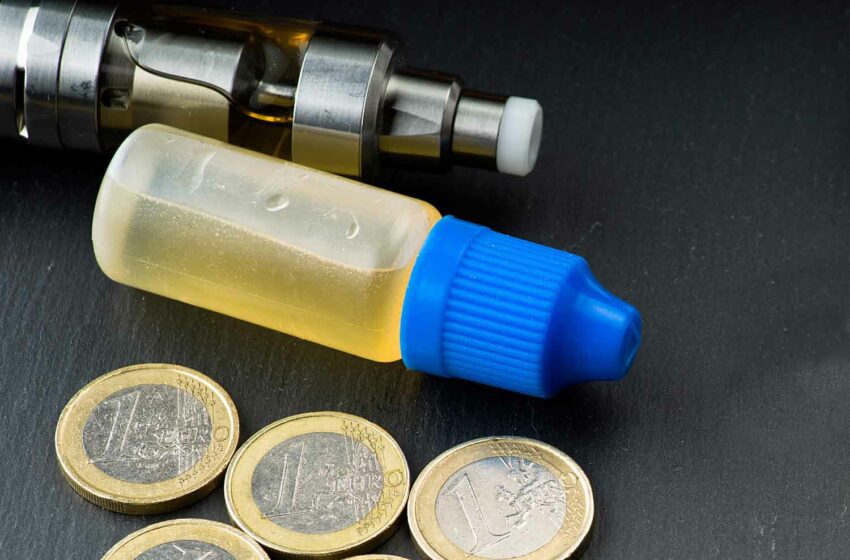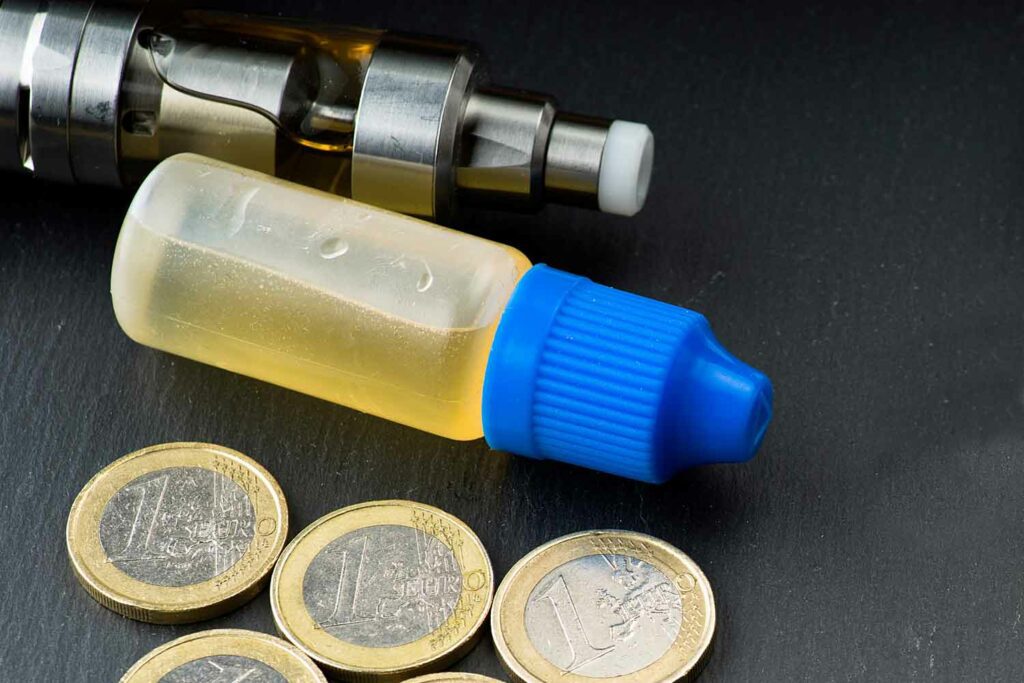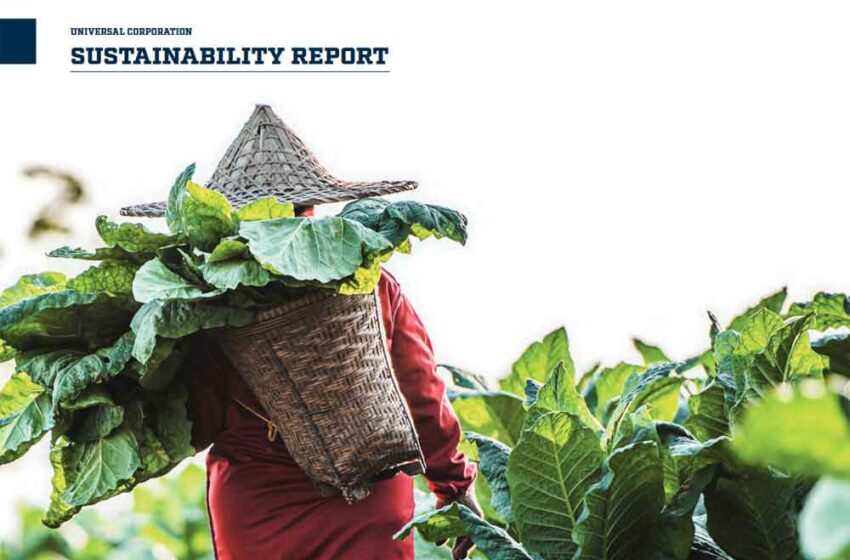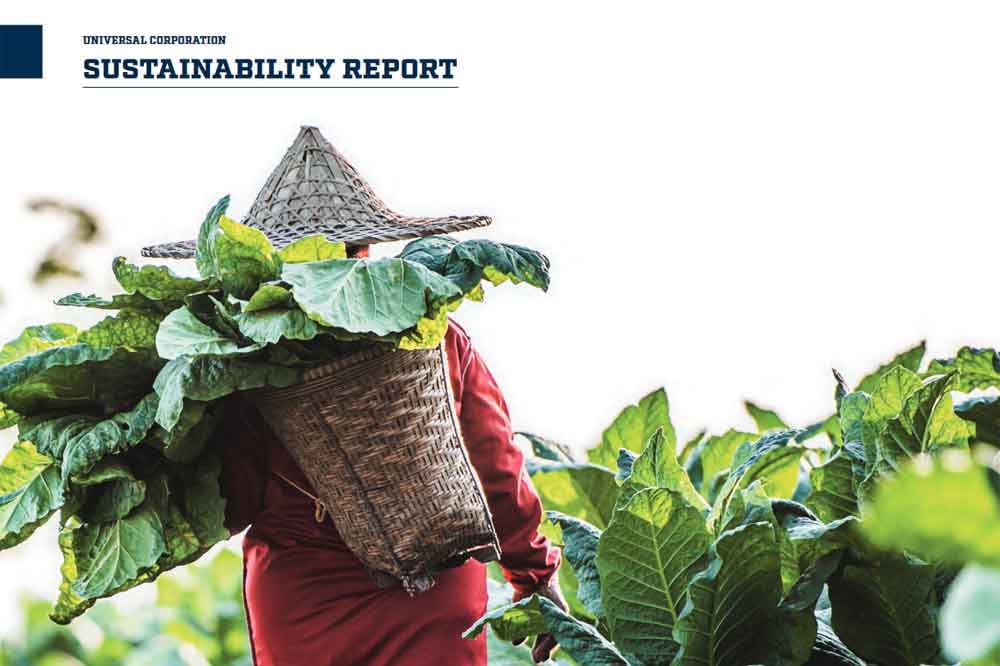Philip Morris International has promoted Moira Gilchrist to chief communications officer, effective Jan. 1, 2024. In her new position, she will report to CEO Jacek Olczak.
Also effective Jan. 1, 2024, Marian Salzman, currently senior vice president, global communications, will assume the position of senior vice president and chief corporate citizenship officer. After more than five years spent building the global communications function, Salzman will return to the U.S. to serve as a driving force in developing PMI’s business in the U.S. market.
“Moira has been an essential part of my team for more than five years, and I am delighted that she will take over the reins of the global communication function as I shift my focus to the U.S. market,” said Salzman in a statement. “She has been instrumental in shaping the strategy of PMI’s global communications function as we evolve the business and advance our smoke-free mission. I’m excited to see all she will accomplish as she steps up to lead the function.”
“Over the past 17 years, Moira has demonstrated an outstanding ability to build focused and high-performing teams, always seeking fresh perspectives and insights to drive a culture of curiosity and continuous improvement,” said Olczak. “Coupled with her superb communication skills, these attributes will serve the company well as we pursue our ambitious goal of being a substantially smoke-free company by 2030, with the aim of more than two-thirds of our total net revenues coming from smoke-free products.”
“It is a privilege to have been selected to take the baton from Marian and lead our communications function globally,” said Gilchrist. “Marian has changed everything about how we communicate as a company, and she has had a tremendous influence on me and the extended team. We are a far stronger and more dynamic function today, and I am excited to build on her achievements to continue to move us forward.”
Since joining PMI in 2006, Gilchrist has held several positions, including leading the reduced-risk products corporate affairs team, serving as director of scientific engagement within the R&D function, and working in both product development and commercialization.
Prior to joining PMI, Gilchrist worked in the pharmaceutical sector for more than a decade. She was a principal consultant within PwC’s and IBM’s pharmaceutical industry consulting groups and held positions within both industry and nonprofit organizations as a developer of drug formulations. Gilchrist holds a degree in pharmacy and a doctorate in pharmaceutical sciences, both from the University of Strathclyde in Glasgow, Scotland.




















